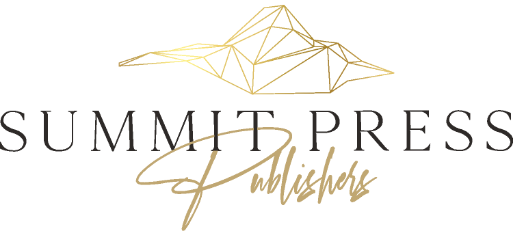Most folks don’t realize that manuscripts sent directly to a publisher are called unsolicited submissions. They’re usually thrown away or deleted unceremoniously; or, if you’re lucky, tossed into a slush pile and read, eventually, by a bleary-eyed intern that hasn’t slept since 2001. That’s the year most of them were born.
Unsolicited submissions have a negligable acceptance rate, meaning you have a much better chance of winning your state’s Powerball.
Enter the literary agent.
A literary agent is your interface with traditional publishing houses. They have relationships, insider knowledge, and a clear understanding of how this business runs. They’re schmoozing with the acquisition editors, reading the trade magazines, following the trends, and working all ends of the equation.
How do you find an agent, you ask? Before the advent of the Internet, you could find one by browsing through The Writer’s Market—an annual catalog that listed agent names, contact information, and specialties. (The Writers’ Market is also an online subscription site.) You can now dig up the same information on Google or in the acknowledgment section of competitive books.
Agents can also be tracked down at writers’ conferences, where they troll for new talent—writers with MFA’s, experienced authors, or that workshop participant everybody seems to be raving about. They’re also watching social media to see which posts are going viral. Who’s getting a lot of engagement.
Nowadays, they troll marketing and business conferences because that’s where the authors with huge platforms hang out. (Go back to #1) If you’ve got a real following, they’ll be sidling up to you; never fear.
They’re also conversing with their current authors, who will make introductions to noteworthy friends. (Connections and relationships really matter.)
Tracking down an agent isn’t the hard part; getting an agent to pay attention to you is the trick. Even if you miss the chance to pitch in person and wow her with your knowledge of Jim Collins and James Clear or have no author friends who can pave the way, you can still grab an agent’s interest through the query process.
A query is a particular type of letter that tells an agent who you are, why you’re contacting her, what your book is about—in a paragraph or two—and why you think it would sell well in the current marketplace.
There are hundreds of books out there that can teach you how to write a proper query letter. Buy one, because it’s an art form. Plus, it’s always helpful to see examples of what to do and what not to do. (You’d be astounded how naive people can be!)
*So, let’s say the cost of researching agents and writing query letters is 4 months of your time.
If an agent likes what she sees in the query letter, she may ask for a sample of your manuscript and a synopsis. A synopsis is a more detailed summary of your book, including a description of the major themes agents use to pitch to a publishing house.
If the agent likes your synopsis, if she suddenly thinks of the perfect publisher or an editor who has bought that kind of book in the past or has mentioned wanting something along those lines, she will want to see your proposal. If you’re crazy lucky, she’ll contract with you to represent your book while you’re in the proposal-writing process.
(By the way, unless you want to piss off an agent, which makes no sense to me, don’t send her your whole manuscript until she asks. Ignoring this rule doesn’t make you tenacious, it’s the tell that you can’t follow instructions. Why would any reasonable person engage with that?)
*I help people write their synopsis all the time. It takes about a month to nail it down.
I should mention that your agent will take a 15% cut of your book deal. If a publishing house buys your book for $100k, your agent walks away with $15k. And they’re worth every penny, do not think for a moment that they’re not.
If you’d like to better understand the traditional publishing industry, rife with pitfalls, check out our free resource, 12 Horrific Things About the Publishing Industry You Need to Know to Safeguard Your Wallet.

I need a agent…..